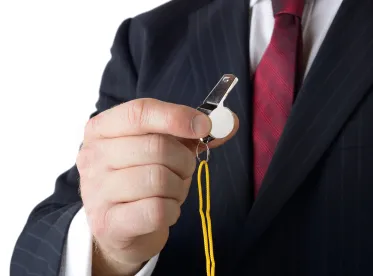The SEC says that the best way to make your tip useful is to provide specific, timely, and credible information. The greater the lead, the better. This may include even information whose disclosure violates your company’s policies against disclosing confidential or proprietary information.
A recent decision in Erhart v. Bofi Holdings clarifies that whistleblowers (even whistleblower who signed confidentiality agreements with their employers) are permitted to take “appropriate” company documents that are “reasonable necessary” to disclose fraud to the government. The judge warned, however, that wholesale stripping of confidential documents that is “vast and indiscriminate” may not immunize the whistleblower from potential liability.
Furthermore, the whistleblower should exclude certain types of evidence. For example, the SEC does not want information that may violate the company’s attorney-client privilege (e.g., documents, including emails, that involve advice from inside or outside counsel). If you have completed your due diligence and consulted with an attorney, and you still have questionable evidence, then you may want to notify the SEC so that its taint team can handle that evidence.
To learn more about the SEC Whistleblower Program, download the eBook SEC Whistleblower Program: Tips from SEC Whistleblower Attorneys to Maximize an SEC Whistleblower Award.



 />i
/>i

